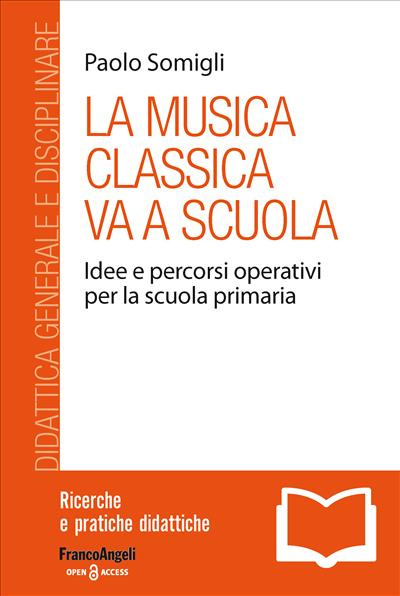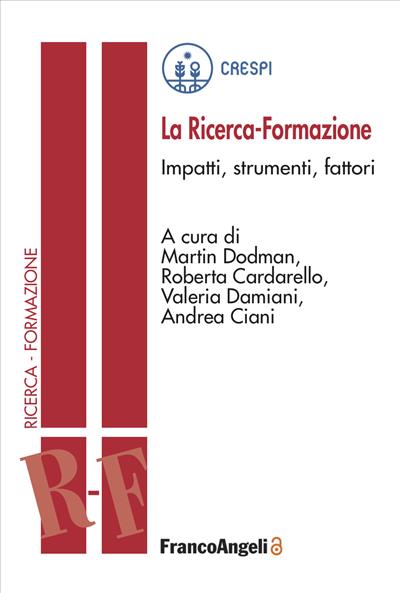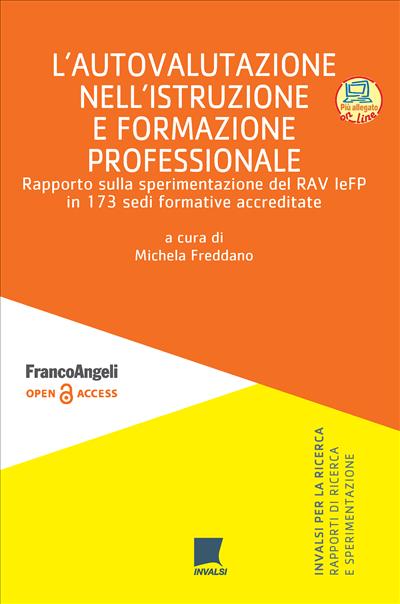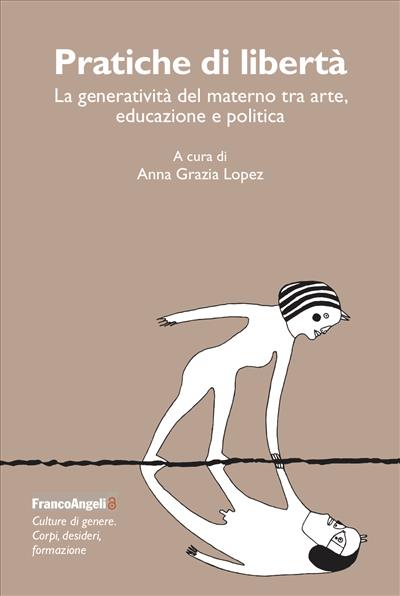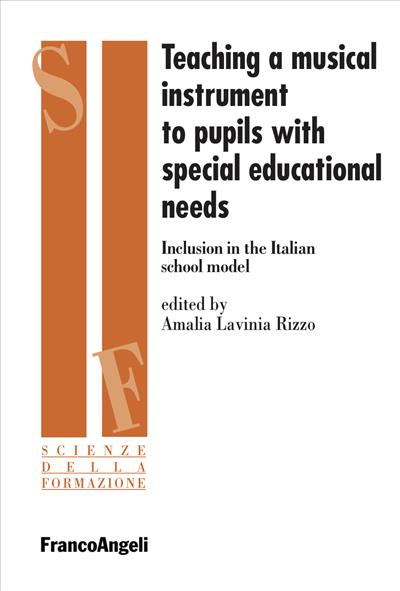
A cura di: Amalia Lavinia Rizzo
Teaching a musical instrument to pupils with special educational needs
Inclusion in the Italian school mode
In Italy, the presence of music-oriented secondary schools (SMIM) represents a valuable opportunity to enhance the use of music in order to raise the level of inclusiveness of each institution. Music fits positively into the dialectic between education and inclusion as it is a significant developmental experience that enhances the participation and learning of pupils with all types of special educational needs and makes the entire community more welcoming.
Pagine: 162
ISBN: 9788835150954
Edizione:1a edizione 2022
Codice editore: 10292.22
Informazioni sugli open access
